Gardening enthusiasts are well aware of the struggle that weeds can pose in their vegetable garden. These pesky invaders have the potential to smother vegetables and strip them of vital nutrients, resulting in decreased crop output. However, those with the right information and techniques can protect plants from this nuisance, one of which being the use of a natural weed barrier. With this eco-friendly approach, you can hinder weeds from overtaking your garden and do so without making use of chemical substances.
In order for vegetable gardeners to maintain their gardens without using harsh chemicals or weed killers, it is essential to have effective and sustainable natural weed barriers. This article will take a look at some of the best options for protecting vegetable gardens from weeds.
Unprocessed Coverings: Exploring the Benefits of Organic Mulch
The use of organic mulch is a proven natural way of stopping weed growth in vegetable gardens. Organic mulch acts as a shield, blocking out light and smothering any weeds that might try to take hold in the soil. Organic mulches are typically created with materials such as wood chips, straw, leaf litter, and compost, all of which are inexpensive and readily available. This simple but effective act of covering the ground can drastically reduce the headache of weed control.
Vegetable gardens can reap the benefits of organic mulches, which not only protect soil moisture, but also provide necessary nutrients. Lovely pathways and borders can be constructed with these mulches, adding an attractive element to the garden. Moreover, the use of organic materials helps preserve soil structure while preventing erosion.
You can effectively deter weeds in a vegetable garden with cardboard, an affordable material that’s easy to find. Not only does it prevent sunlight from reaching weed seeds, but the material also helps retain much-needed moisture for the soil below while providing additional structural protection.
Despite the fact that cardboard functions as an effective weed barrier, it is not exactly eye-catching. Furthermore, unless the material is treated properly, there is a risk of fire. Ultimately, the cardboard will break down after a certain period of time and must be switched out regularly.
For veggie gardens, newspaper is a great natural option as a weed barrier. It won’t break the budget, it’s easy to find and doesn’t require any difficult set up; lying the newspapers down keeps the weeds in the dark and retains much-needed moisture for the soil. An extra layer of protection for its structure is a bonus!
Despite the weed-fighting capabilities, newspaper’s lack of aesthetics can be a deterrent. What’s more, its use is only temporary, as the paper will degrade and require renewal after awhile.
For vegetable gardens, fabric is a terrific natural solution for keeping weeds away. It’s lightweight and budget-friendly to boot, making it a snap to install. The fabric helps to reduce the sun’s impact, locking out the light that weeds need to grow. In addition, it creates an insulating effect for moisture in the soil and guards against deforming the complex structures beneath the surface.
Although fabric provides effective weed suppression, its appearance may not be to everyone’s liking. Moreover, its efficacy may not last long as it, eventually, needs to be changed out for fresh material.
Plastic is the go-to material when it comes to getting a stranglehold on weeds in garden patches growing vegetables. Not only is it super-easy and convenient to acquire and install, but it also turns out to be pretty economical. It works by shielding out sunlight that weeds need, while trapping humidity in the earth and providing a supportive layer that reinforces the ground.
Plastic, while effective in isolating weeds, can appear unappealing when used as a barrier. Consequently, its useful life is limited – ultimately needing to be swapped out with a fresh piece after a certain period.
For an environmentally friendly way to keep your vegetable garden looking its best, consider utilizing natural weed barriers. From natural mulch and cardboard, to fabric and plastic, there are a wide range of materials to choose from. Taking the time to research which range of options best suits your needs will ensure that you can bid farewell to invasive weeds and say hello to a thriving and healthy garden!
If you’re looking for solutions to keep weeds at bay in a vegetable garden, there is no shortage of natural barriers available. Not only do they prevent weedy invasions, but they can also supply your crops with the nourishment they need. With that in mind, this article is designed to provide insight into a number of effective natural weed barriers for vegetable gardens and the myriad ways they can be beneficial.
Suppressing weeds and nourishing plants with natural materials can be done through the use of mulch. Mulch is available in a variety of forms, including wood chips, shredded bark, hay, straw, and leaves. Although mulch is an effective weed barrier solution, it is important to use materials that remain coarse and avoid scattering ingredients with possible weed seeds. Using too fine of a texture can restrict water drainage and cause compaction to the soil.
To hinder unwelcome weeds from invading a vegetable garden, layering newspaper or cardboard around the base of plants can be an effective natural method. This cuts off the light and hydration that is necessary for a weed to thrive, stopping it from sprouting and taking root. To ensure its effectiveness, cover the newspaper or cardboard with either mulch or soil. Nonetheless, keep in mind that the barrier will eventually degrade and will call for replacing over time.
Alternative materials, such as burlap, landscape fabric, and recycled denim, offer natural solutions for blocking weeds from growing. These fabrics are quite efficient at obstructing sunlight and humidity from infiltrating the soil and consequently, discouraging weed germination. Nonetheless, some may allow water to pass through, which means that an extra layer of mulch or soil may be necessary to prevent it from shifting. On the other hand, these fabrics may be costly, so it’s wise to contemplate other cheaper alternatives if finances are an issue.
To take advantage of nature’s weed suppression, consider planting some tall, dense plants along the edges of the garden. Shrubs and trees are effective barriers that equally inhibit the growth of weeds. There are also certain botanical species such as clover and alfalfa which are known to help expel weeds while providing valuable nitrogen to the surrounding area. Though it is important that they do not become overgrown.
To ensure optimal weed protection in your vegetable garden, try combining mulch, newspaper, cardboard, fabrics, and even plants for a comprehensive weed barrier. Utilizing all of these methods together can increase the success of your garden being completely free of pesky weeds. Layering the various barriers will give the greatest protection from unpredictable and unwanted weeds.
Related Product
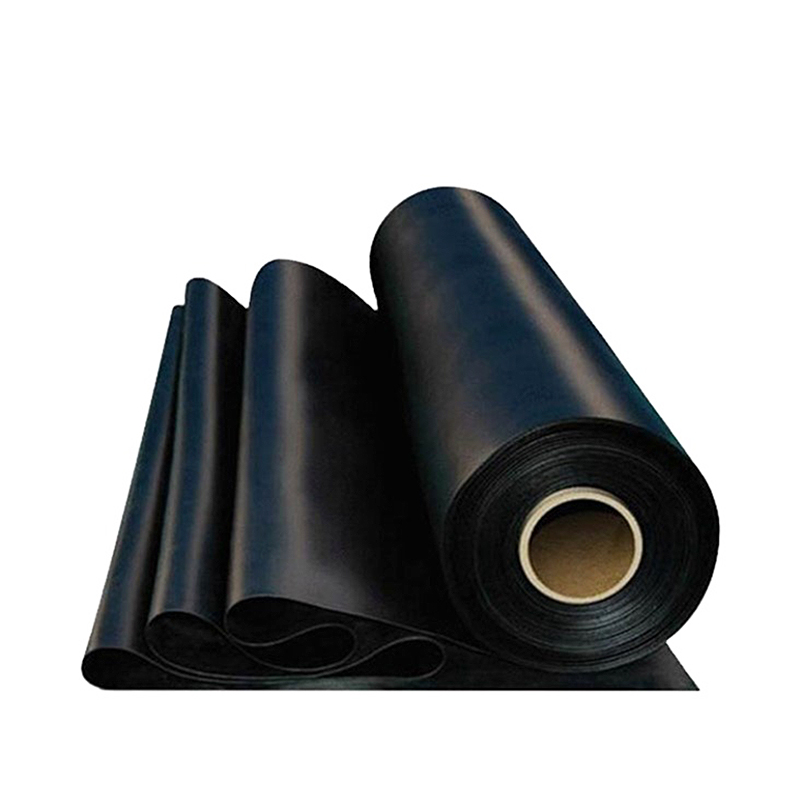
Hdpe Geomembrane
Product Features: They have strong ability for waterproof,anti seepage and isolation, aging resistance, good welding performance, convenient construction, root resistance and other […]
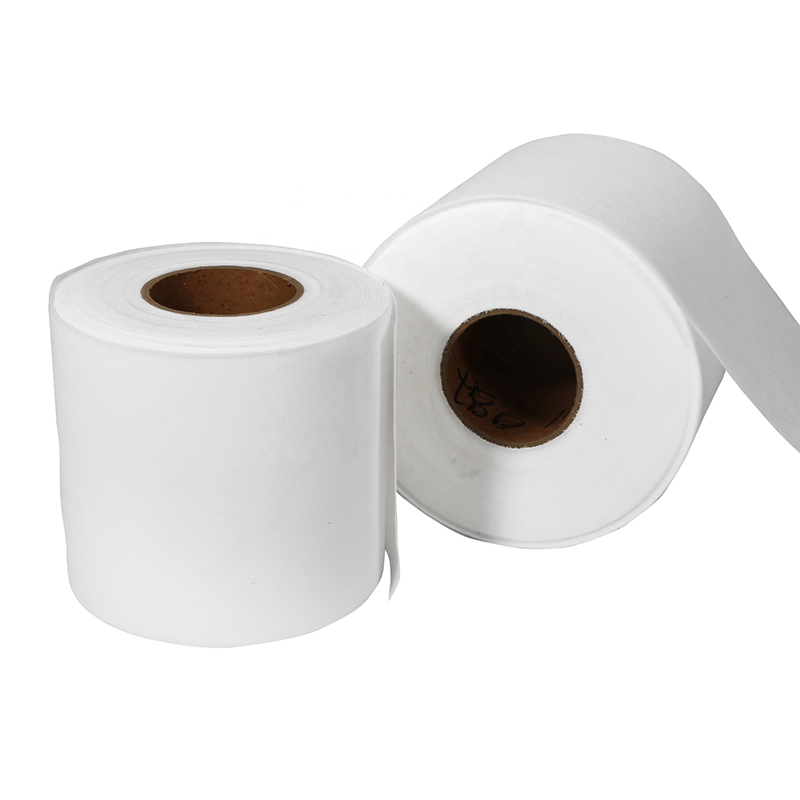
Non-Woven Geotextile
Geotextiles are permeable geosynthetic materials made by needling or weaving synthetic fibers. Geotextile is one of the new geosynthetic materials, and the finished product is clot […]
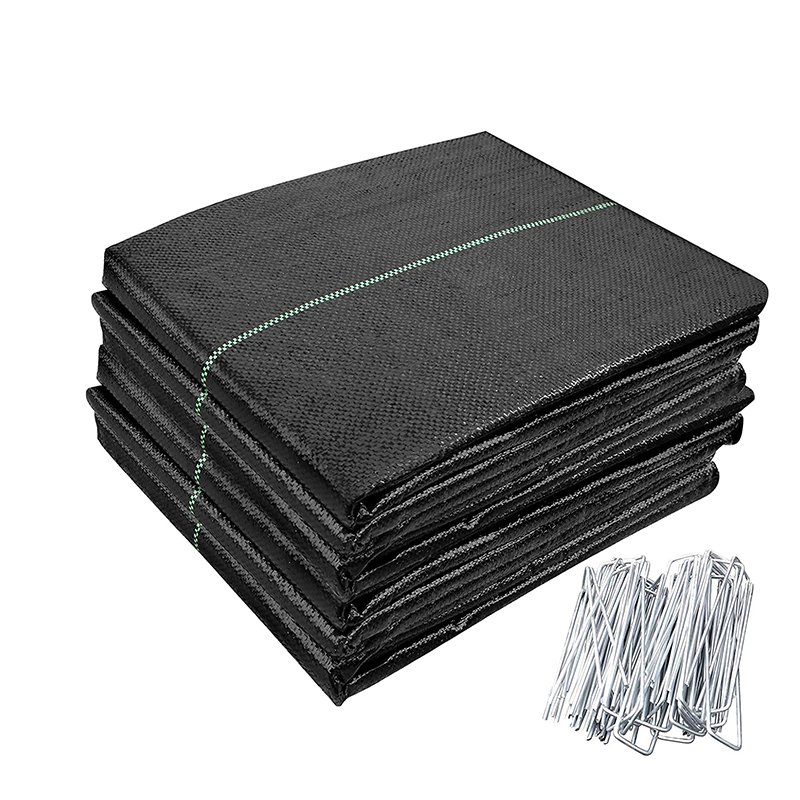
Woven Geotextile/Weed Mat
PP Woven Geotextiles are a series geotextiles made of high-performance polypropylene woven geotextile fabrics combining strength, durability and robust design. All these PP woven g […]
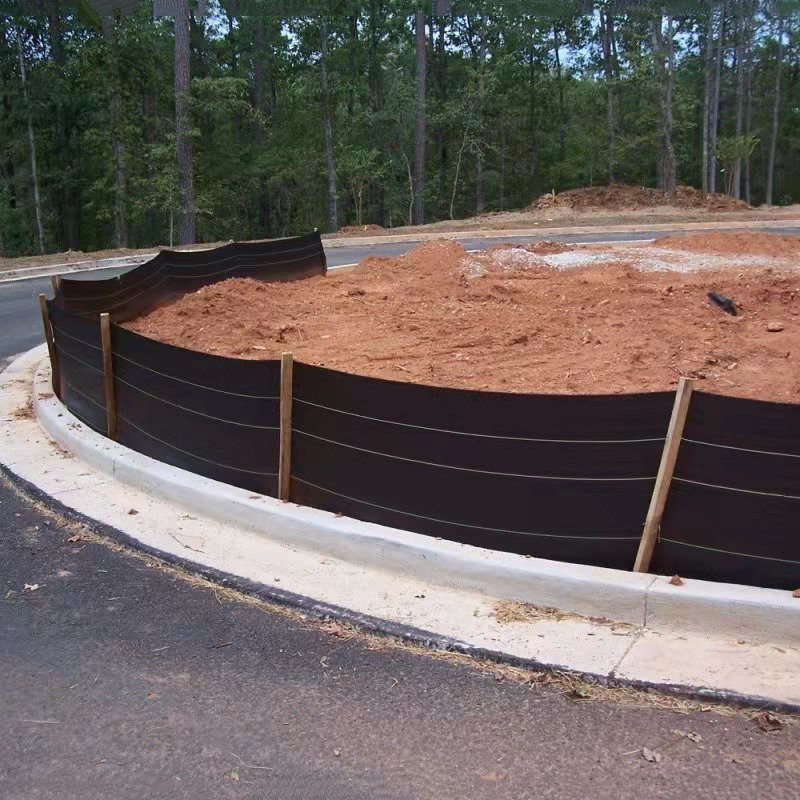
Silt Fence
Product Weed Mat / Ground cover/Slit fence Weight 70g/m2-300g/m2 Width 0.4m-6m. Lengths 50m,100m,200m or as your request. Color Black,Green,White ,Yellow or As your request […]
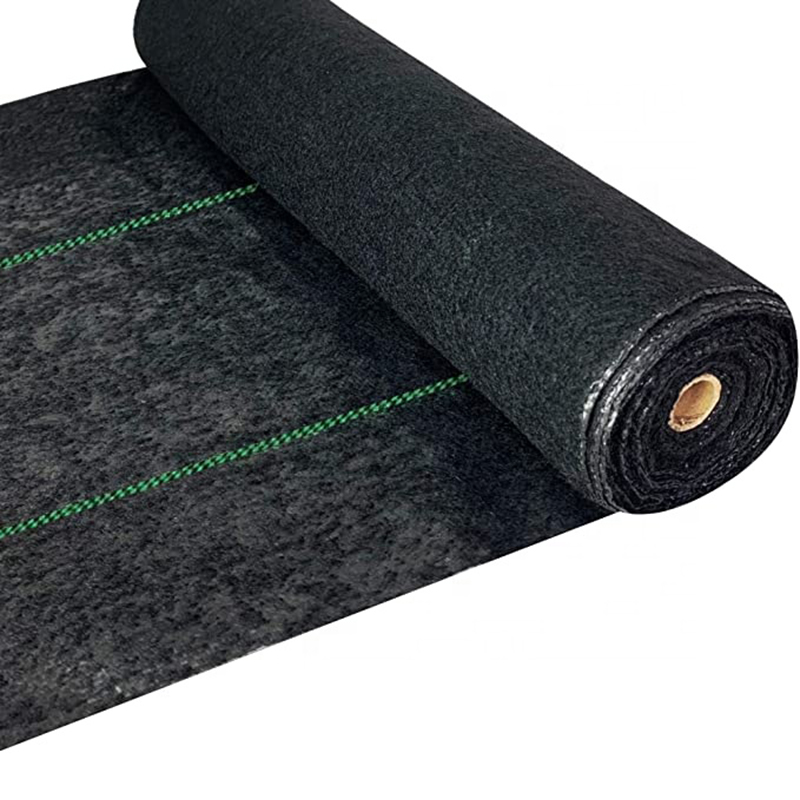
Heavy Duty Landscape Fabric
High Strength &Durability: 5.8oz heavy duty landscape weed barrier fabric, made of tightly woven polypropylene fabric needle which punched with UV-stabilized. 98.7% opaque to l […]
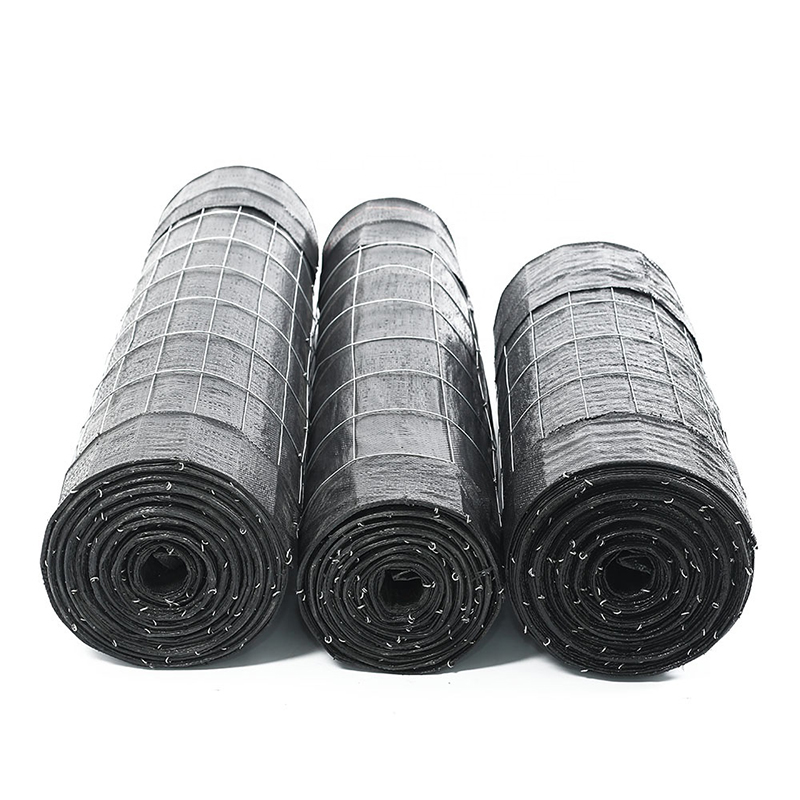
Wire Backed Silt Fence
The Wire Back Silt Fence is a strong erosion control fence designed for areas with demanding silt and erosion control requirements. Offering more strength and stability than a stan […]
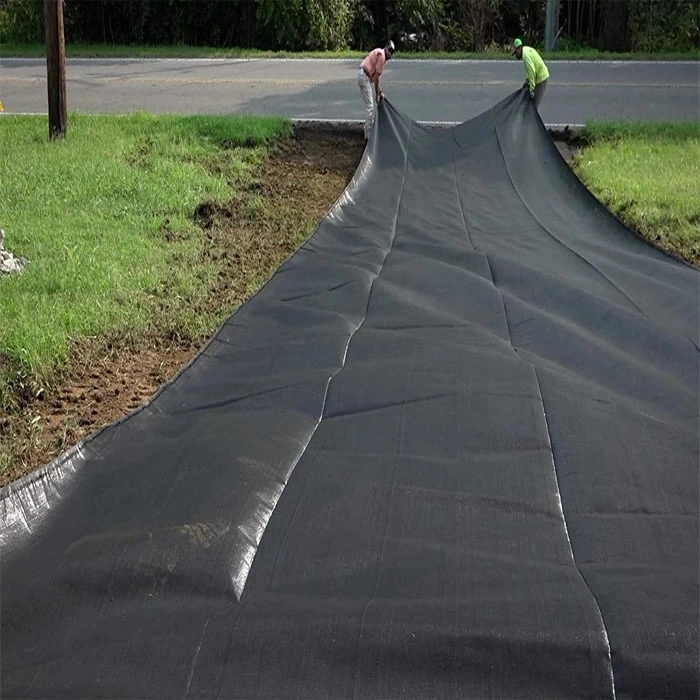
Bluekin Weedmat: Your Secret Weapon for a Low-Maintenance and Beautiful Garden
Are you tired of spending countless hours weeding and maintaining your garden? Look no further than Bluekin Weedmat, the ultimate solution for a low-maintenance and beautiful garde […]
Post time: 2023-07-07
